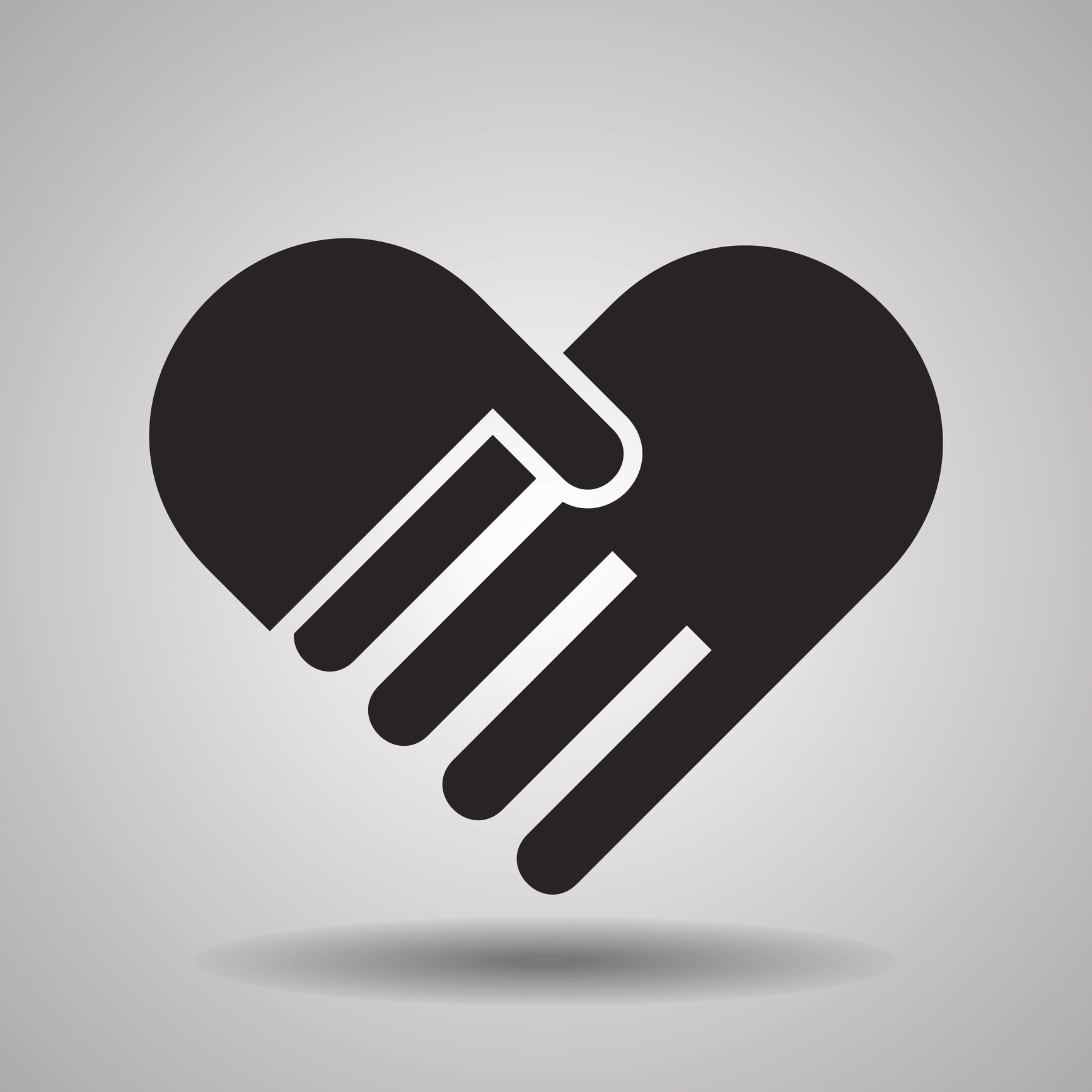
Niceness and kindness are two words that are often used interchangeably, but there is a big difference between them. Nice people generally act in ways that conform to society's views. A kind person acts out of a deep love for others. Niceness is often focused on being pleasant on the outside to make others perceive themselves as a "nice person." The kind person focuses on how to relieve the suffering of others.
Merriam-Webster defines niceness as "socially acceptable," or "pleasing and agreeable." Consider how nice you are to a mean boss. Niceness can often be driven by fear. Weak people are often nice to stronger individuals out of a need to stay on their good side. We choose to be submissive to society. Niceness arises from a desire for power or wanting something from another person.
Kindness comes out of empathy. A person who has been homeless is often much kinder to others who are currently homeless, simply because of their own experience. This empathy leads to a compassion of wanting to relieve their circumstances. Although you may not be able to change the situation, through kindness you can help someone who is suffering. It's a deep connection that is an emotional instinct.
Scripture About Kindness
The Dalai Lama said, "My religion is very simple. My religion is kindness."
The Bible has a lot to say about being kind. Matthew 5:43 48 is probably one of the best-known scriptures:
You have heard that it was said, 'You shall love your neighbor and hate your enemy.' But I say to you, Love your enemies and pray for those who persecute you, so that you may be sons of your Father who is in heaven. For he makes his sun rise on the evil and on the good, and sends rain on the just and on the unjust. For if you love those who love you, what reward do you have? Do not even the tax collectors do the same? And if you greet only your brothers, what more are you doing than others? The distinction between kindness and niceness might be small, but the benefits of kindness have been well-researched. Of course, the reason a person is kind is not out of gain, but that doesn't mean there cannot be side effects: 1. Kindness makes a person happier. Spiritually, it's the right thing to do, but the reason we feel good is because of biochemical changes. Dopamine is increased, leading to a kind of a natural high. 2. Kindness produces the hormone oxytocin, which is associated with emotional warmth. Oxytocin causes the body to release nitric oxide into the blood, which expands blood vessels and reduces blood pressure. Kindness might be a heart-protector. 3. Oxytocin also reduces inflammation in the cardiovascular system. This has been associated with slowing the aging process. Who knew kindness might affect your longevity? 4. Kindness improves relationships. Again, oxytocin is largely responsible for this phenomenon. Kindness builds connections between people, allowing for cooperation. It strengthens existing relationships and forges new ones. 5. Kindness has a ripple effect. An act of kindness is like throwing a pebble into a pond and watching the waves. There have been many documented "domino effects" of a pay-it-forward phenomenon when one person was kind. One of the most stunning examples was when a person donated their kidney, simply out of compassion, not because they knew someone who needed it. This set off a chain reaction where 10 people received a new kidney just because one person gave.
America needs kindness as we deal with the aftermath of Charlottesville, the protests in Boston and other acts of violence. Take time today to consider if you are being nice or being kind to others. Then go out and be kind. Your one act of kindness might change the person on the receiving end for the better.



